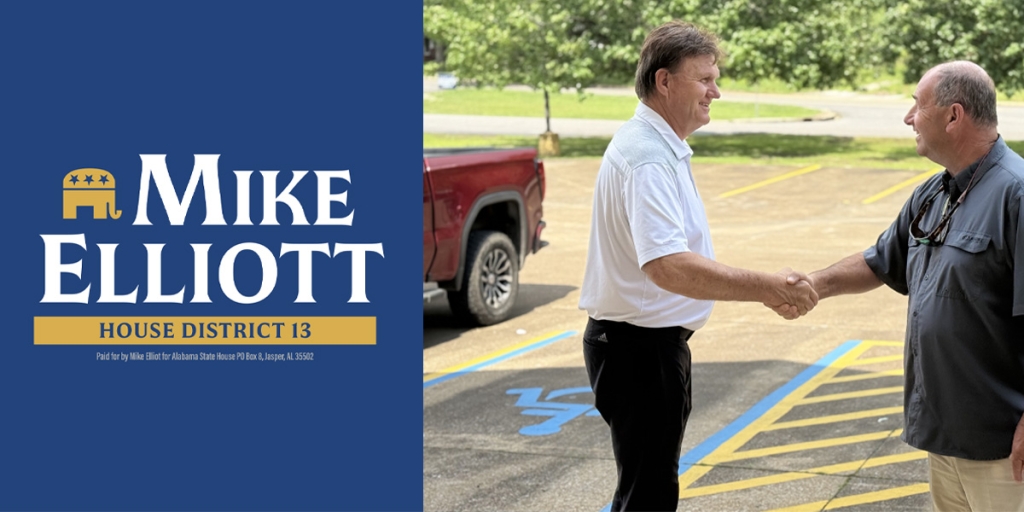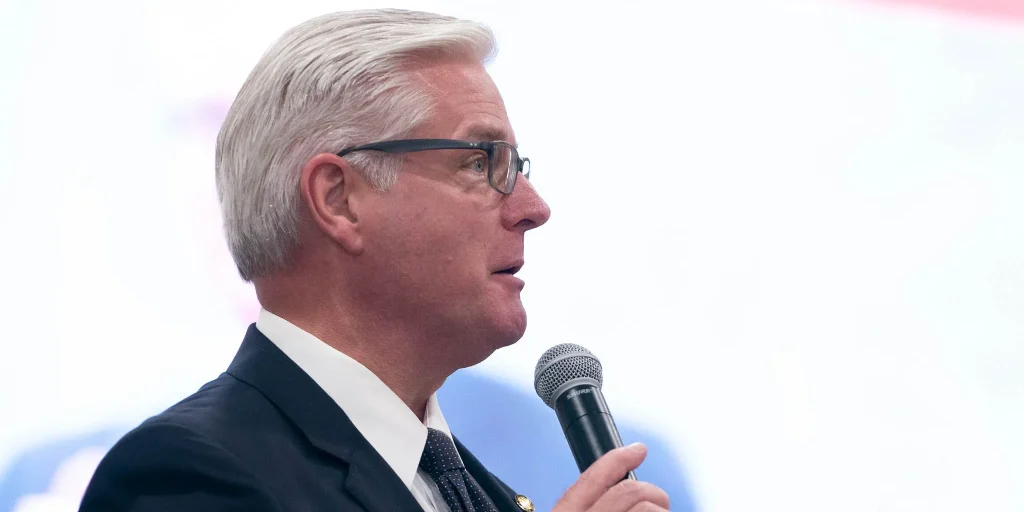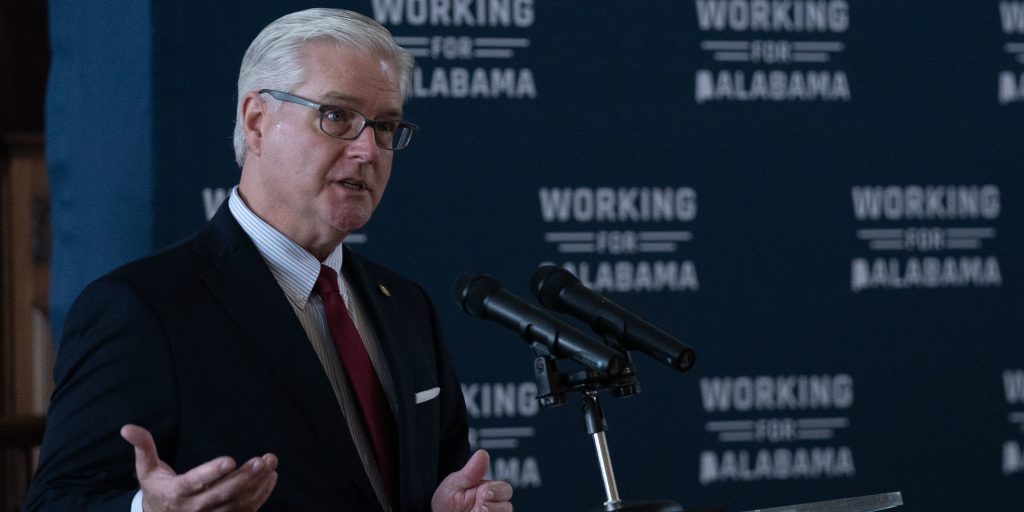Now over halfway into the 2024 state legislative session, Senate Pro Tem Greg Reed visited with Alabama Public Television’s Capitol Journal last week and shared excitement for efforts coming to fruition that address workforce development in Alabama. As lawmakers seek to streamline the state’s approach as a whole, they’ve proposed a range of solutions to boost a lackluster labor force participation rate in a new seven-bill legislative package, Working for Alabama.
“A lot of the work came from work that was going on required by many of those in the stakeholder community,” Reed said.
“They were raising their hand to say, We know we’ve done great things with the Game Plan,” said Reed (R-Jasper). “We’ve got the SEEDs act, we’re developing new sites, we’re attracting those across America and across the world to look at investing in Alabama.”
“How can we tell that company that’s going to invest $100 million in Walker County, Alabama, that we’re going to be able to show you a plan that will establish for you a comfort level that workforce is available today, and 10 years or 25 years from now?”
He noted that when companies open operations in Alabama they have ready access to a reliable and sizeable workforce.
“After you’ve invested all these resources they’re going to people to work in your facilities are if you bring your corporate headquarters to Alabama they’re going to be skilled and trained folks that are going to be available for the workforce that you need.”
RELATED: ‘Working for Alabama’ to power up state workforce, economy with legislative package
Reed also addressed Alabama’s complex labor statistics, which must be considered together to indicate the state’s overall workforce health.
“We’ve got a low participation. We have low unemployment, which means we’ve got a lot of folks that aren’t working. If we can give them better training, better opportunities are they’re going to be in a place to where they can contribute to the economy, and we all win. So that attitude has been one that permeated now.”
Sen. Reed said that when it comes to workforce and economic development “efficiency has to be the maximum focus” among all parties involved.
“So we’ve got issues now at this next level of these particular legislative items that bring together groups of stakeholder groups, industry groups that say ‘hey, we want to tell you these are the kinds of workers we need. These are the trainings that are important.’ And then the two year college folks and the advanced college folks are able to step up and say, ‘All right, we’re willing to help offer those kinds of outcomes for those that are going to be trained.’”
Reed emphasized that each area of the state has individual needs when it comes to developing its workforce.
RELATED: Legislative leaders discuss ambitious workforce and economic development package
“What we need for workforce training in Huntsville is very different than what they’re going to need in Opelika, are very different than what they’re going to need in Washington County, in the in the chemical industry there. So we need to make sure that we’re focused on our efforts,” Reed said. “We’ve got some positive ways to be able to do that in some of these elements. And I think you’ll hear a lot more about the details of how they work.”
Reed also said there are major opportunities for high school age students preparing to enter the workforce.
“There are huge opportunities in the ninth grade or the 10th grade. We can put you on a path working in Career Tech, dual enrollment with local junior college, for instance, put you in a place to where you can get the kind of outcome that you’re looking for, to where those jobs are available certificates are there you’re 18 years old, you have no debt, and you’re ready to go. To work with a big job down the road. I mean, those are the kinds of things we need to be thinking about.”
Under a fully-implemented Working for Alabama plan, the students can also now acquire a workforce diploma in addition or supplement to a standard high school graduation diploma.
“They’re off to the races earlier in the process. And that’s great for the economy and great for their family.
Austen Shipley is a staff writer for Yellowhammer News.













